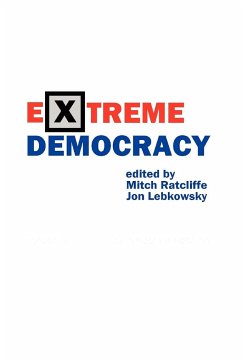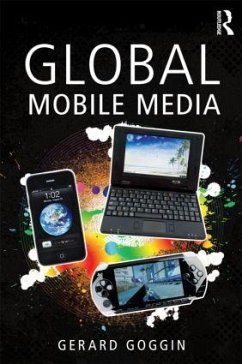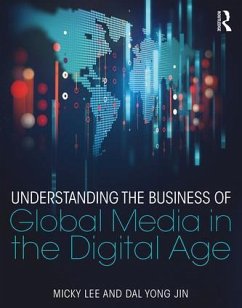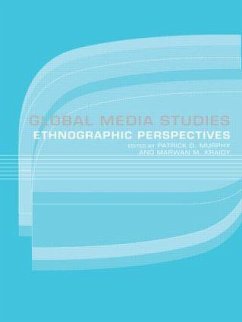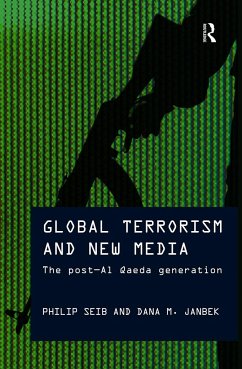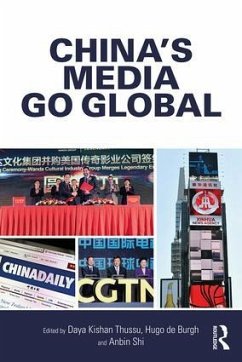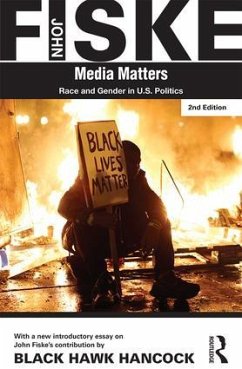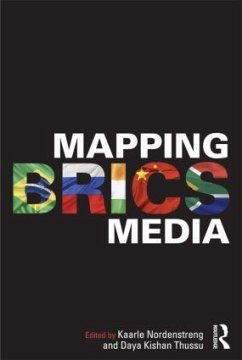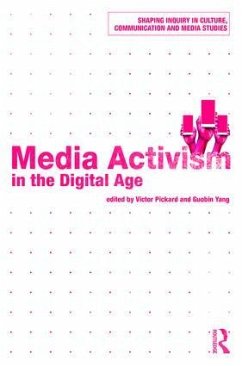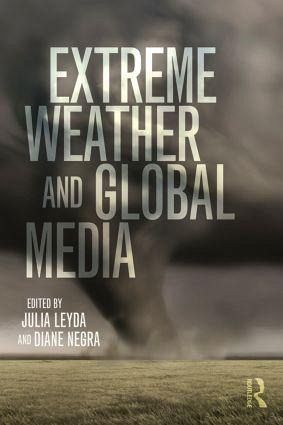
Extreme Weather and Global Media
Versandkostenfrei!
Versandfertig in 1-2 Wochen
51,99 €
inkl. MwSt.
Weitere Ausgaben:

PAYBACK Punkte
26 °P sammeln!
In the two decades bracketing the turn of the millennium, large-scale weather disasters have been inevitably constructed as media events. As such, they challenge the meaning of concepts such as identity and citizenship for both locally affected populations and widespread spectator communities. This timely collection pinpoints the features of an often overlooked yet rapidly expanding category of global media and analyzes both its forms and functions. Specifically, contributors argue that the intense promotion and consumption of 'extreme weather' events takes up the slack for the public conversa...
In the two decades bracketing the turn of the millennium, large-scale weather disasters have been inevitably constructed as media events. As such, they challenge the meaning of concepts such as identity and citizenship for both locally affected populations and widespread spectator communities. This timely collection pinpoints the features of an often overlooked yet rapidly expanding category of global media and analyzes both its forms and functions. Specifically, contributors argue that the intense promotion and consumption of 'extreme weather' events takes up the slack for the public conversations society is not having about the environment, and the feeling of powerlessness that accompanies the realization that anthropogenic climate change has now reached a point of no return. Incorporating a range of case studies of extreme weather mediation in India, the UK, Germany, Sweden, the US, and Japan, and exploring recent and ongoing disasters such as Superstorm Sandy, the Fukushima nuclear crisis, flooding in Germany, and heat waves in the UK, Extreme Weather and Global Media generates valuable inquiry into the representational and social characteristics of the new culture of extreme weather.





